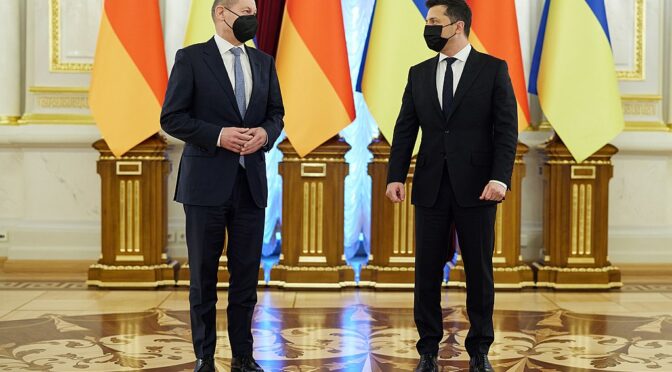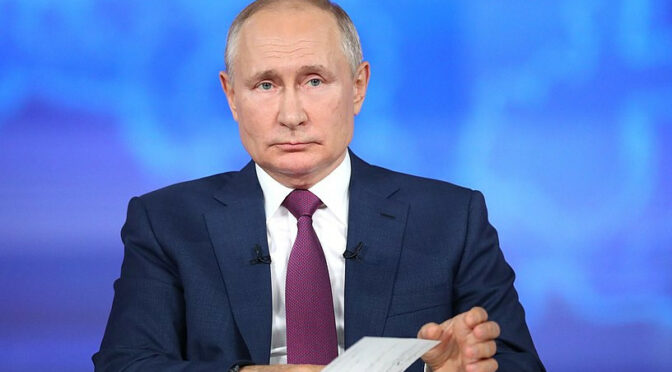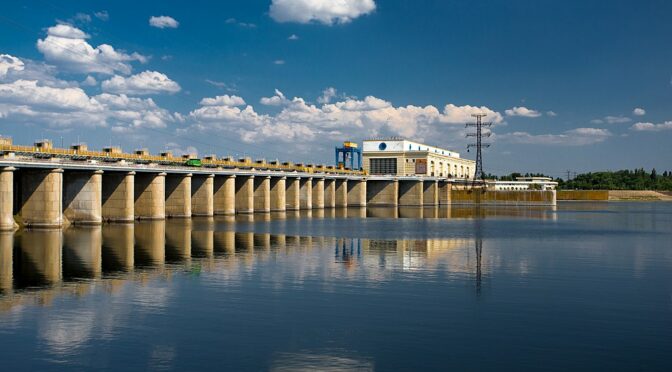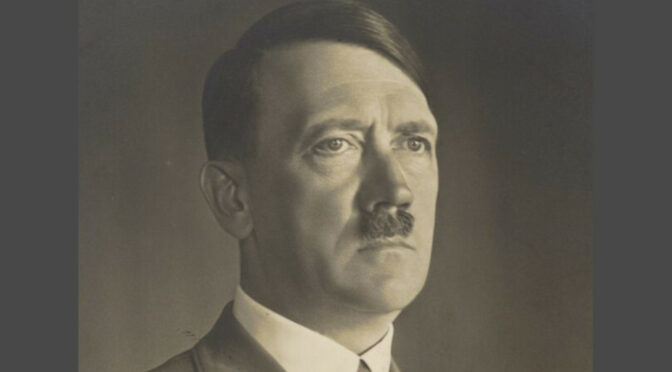Article published in The Daily Telegraph, 5 December 2022. © Richard Kemp
If you hold out an olive branch to a bear it will take your arm off. Winter has barely begun and there are already worrying signs that major European countries – and the EU – are weakening their stance on Ukraine and playing into Russian hands.
During his state visit last week to the United States, French president Emmanuel Macron told reporters that Europe should prepare a new security architecture taking into account Russian concerns about Nato’s expansion of its borders, preparing to provide guarantees if Russian president Vladimir Putin agrees to negotiations on ending the war.
German chancellor Olaf Scholz, too, spoke of welcoming Russia back into the fold after the conflict, and on Friday was on the phone with Putin for an hour.
Meanwhile, EU foreign policy chief Ursula von der Leyen tweeted a video claiming 100,000 Ukrainian soldiers had died or been injured since the invasion began, later doctoring it to remove reference to casualties after a strong backlash from Kyiv. Posting it in the first place suggests she was trying to signal the true cost of the war in order to promote dialogue. Parroting the Kremlin’s casualty estimates only helps Russia – Putin’s bombardment of Ukrainian energy infrastructure in recent weeks has partly been to create a humanitarian disaster to make European knees tremble and force a new wave of refugees into the West.
The EU’s answer to that should not be panicky talk of concessions, but immediate strengthening of Ukrainian air defences; sending more generators, fuel and supplies to get battered Ukrainian cities back on their feet.
It is true to say that Putin isn’t going to withdraw from Ukraine any time soon and Zelensky isn’t going to capitulate. Short of Kyiv pushing Russian troops out by military force, this war will only end Continue reading








